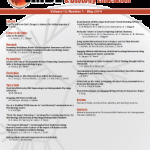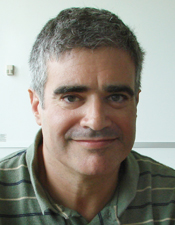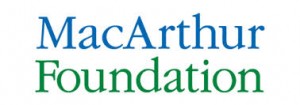
Jacob Hanna of Israel’s Weizmann Institute has been a media darling for years, including as a member of the 2010 Technology Review 30 under 35 for his work with stem cells.
However, questions have been mounting about his research, both on PubPeer (which has critical comments for 15 papers he’s an author on) and in other stem cell labs, who have not been able to reproduce much of Hanna’s work.
We asked Hanna about a PubPeer entry specific to a 2005 paper in Blood. Commenters have accused the authors of figure manipulation and possible data republication. Here’s a figure from that post: Continue reading Stem cell researcher Hanna “working…to correct the unfortunate and inadvertent mistakes” in papers








